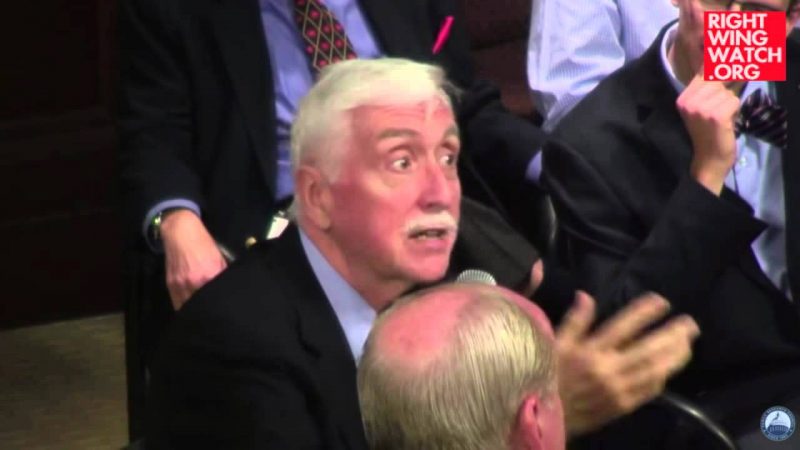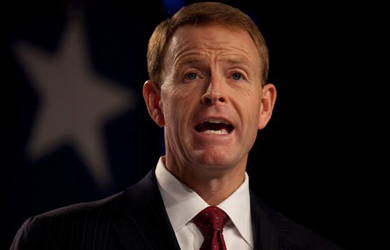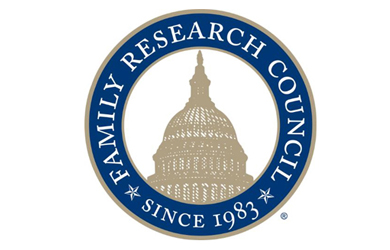A few months back, retired General John Sheehan generated outrage when he blamed the 1995 massacre at Srebrenica on gay Dutch troops:
In July 1995 Bosnian Serb forces overran the Bosnian Muslim enclave under the protection of Dutch UN peacekeepers and killed 8,000 Muslim males, making the event a traumatic national disgrace for the Dutch.
Following recent remarks from Robert Gates, the US defence secretary, that Europeans had gone soft, Sheehan argued that changes after the end of the cold war had reduced Europe’s appetite for combat.
“They declared a peace dividend and made a conscious effort to socialise their military – that includes the unionisation of their militaries, it includes open homosexuality. That led to a force that was ill-equipped to go to war,” he said.
“The case in point that I’m referring to is when the Dutch were required to defend Srebrenica against the Serbs. The battalion was under-strength, poorly led, and the Serbs came into town, handcuffed the soldiers to the telephone poles, marched the Muslims off, and executed them. That was the largest massacre in Europe since world war two.”
He added that the Dutch chief of staff had told him that having gay soldiers at Srebrenica had sapped morale and contributed to the disaster.
So what does he do for a follow-up? Pen a joint op-ed with Family Research Council President Tony Perkins opposing the repeal of Don’t Ask, Don’t Tell, of course:
Men and women should be allowed to serve in the military only if their character and conduct can help the U.S. armed forces achieve its mission. In multiple studies over the past 16 years, the addition of open homosexuality into the close quarters and tightly knit units of our military was predicted to add tension, not build unit cohesion.
“Unit cohesion” is essential to the success of the U.S. military. Respect for and loyalty and commitment to one another, to the point of a willingness to die for your buddy, is the single greatest imperative in any military force.
Yet homosexuality carries with it profound behavioral implications. Sexual attraction among members of the same sex — living, exercising, fighting and training alongside one another in the closest of quarters — could devastate morale, foster heightened interpersonal tension and lead to division among those who, more than virtually any other group in society, need to act as one.
…
In addition, the medical implications of Obama’s proposal are compelling. According to data released last year by the Centers for Disease Control and Prevention, gay and bisexual men are 50 times more likely to have HIV than heterosexual men.
This would be devastating for military resources already stretched thin, and it has pronounced implications for battlefield blood transfusions.
This proposal is not about bigotry. Race is a superficial and benign element of one’s humanness, while homosexuality is a matter of behavior.
Homosexuality is not about civil rights but conduct detrimental to the discipline, trust and combat readiness of what has been — and still is — the world’s finest military.
If we want to keep it that way, we should not permit openly practicing homosexuals to serve in the U.S. military.








